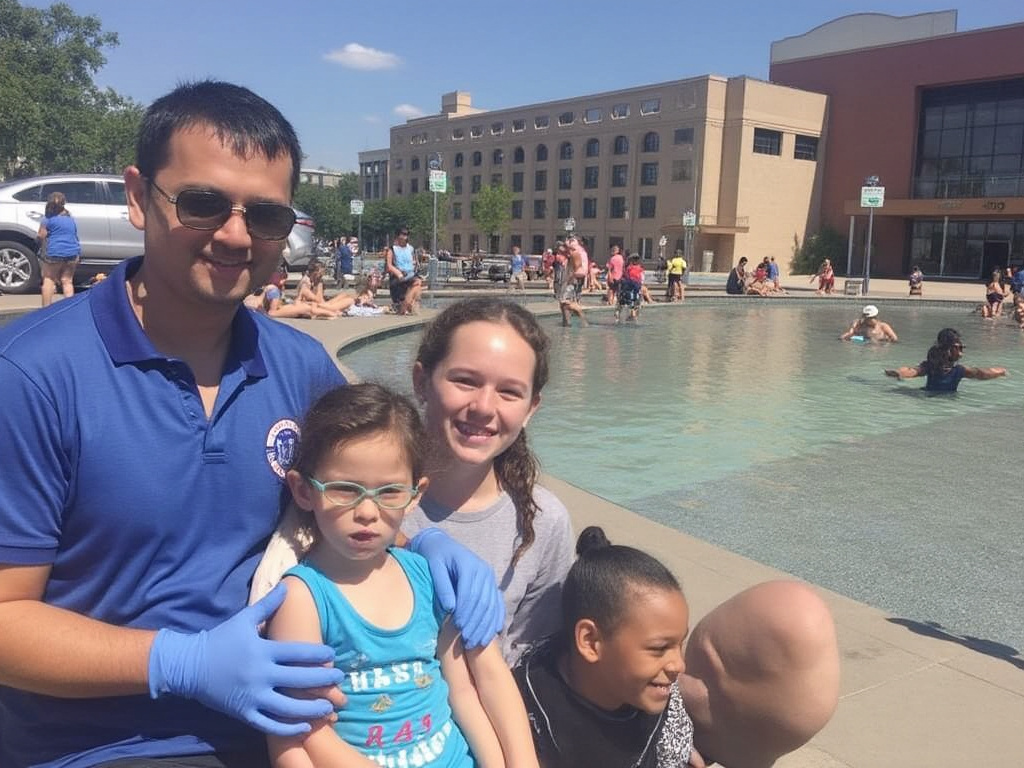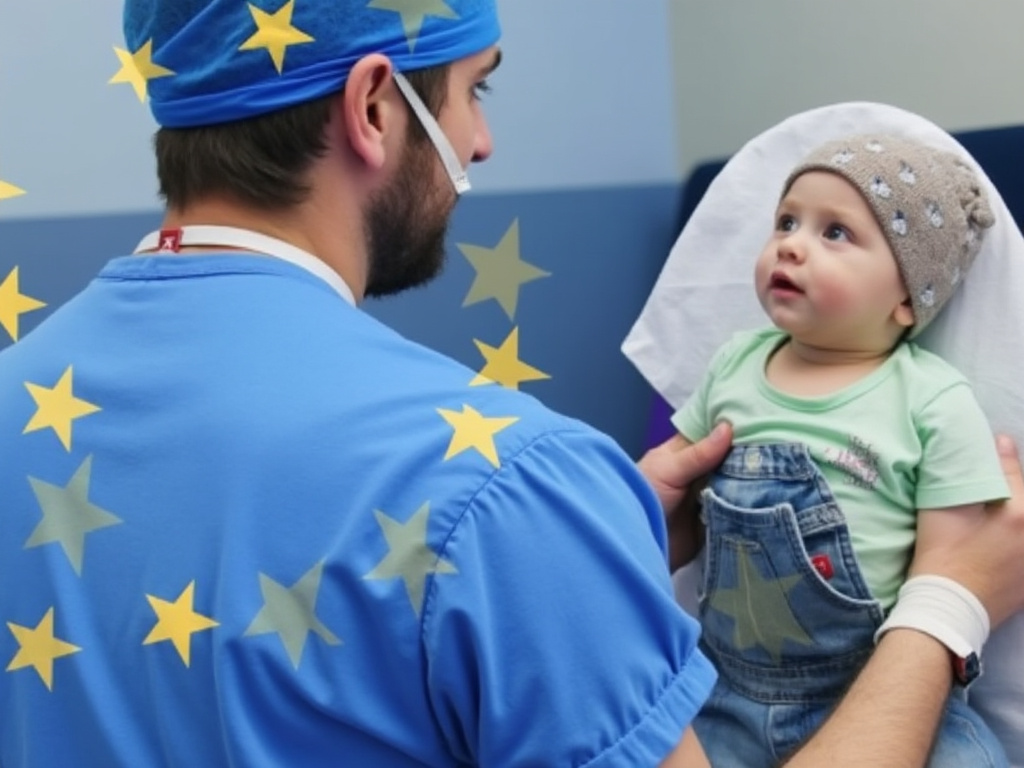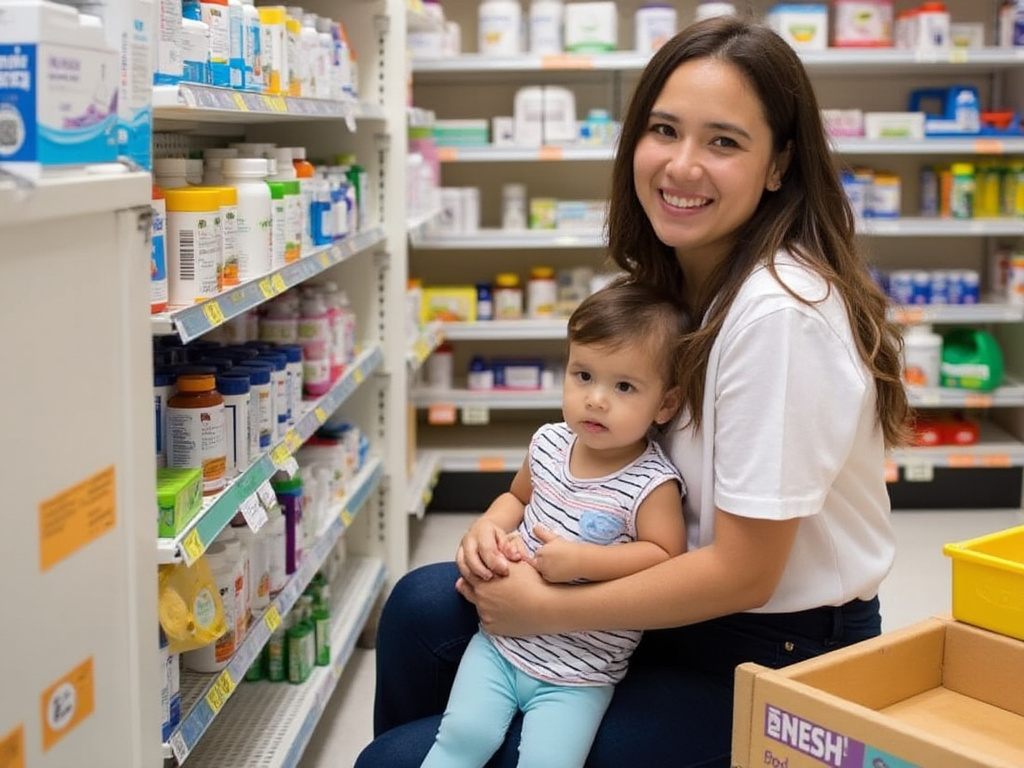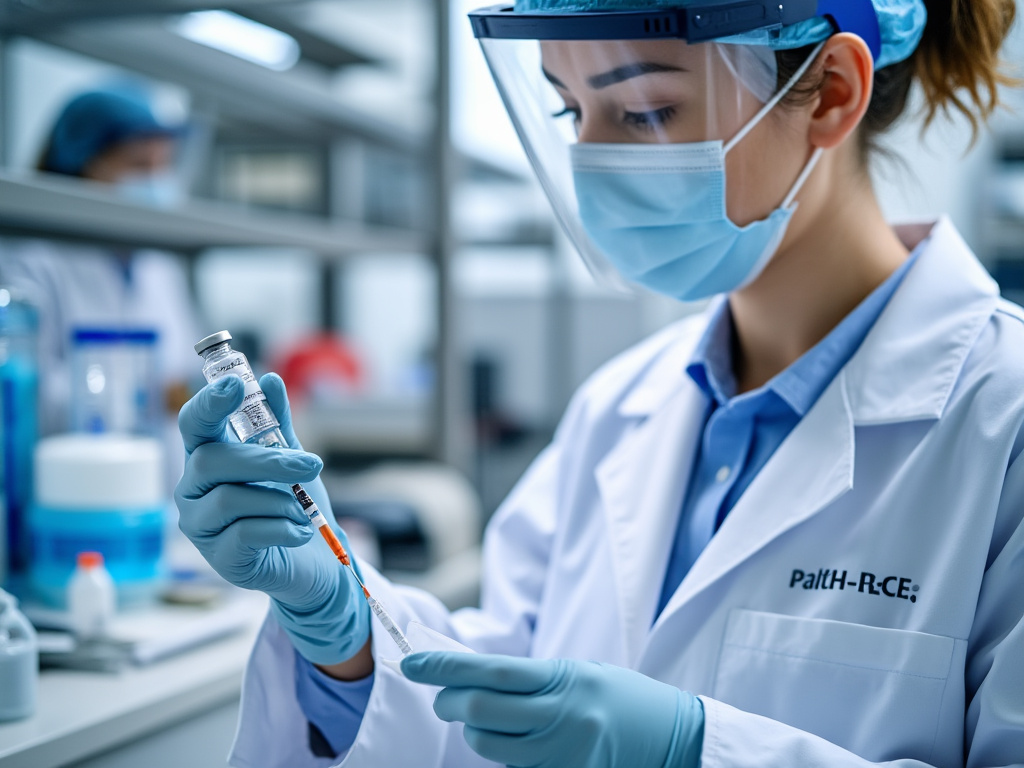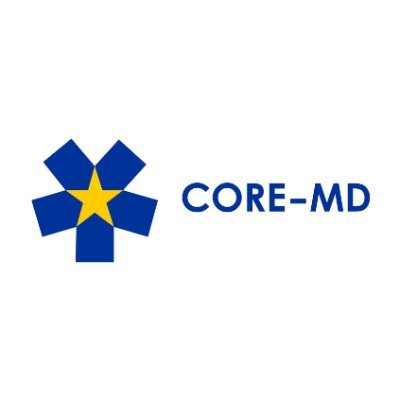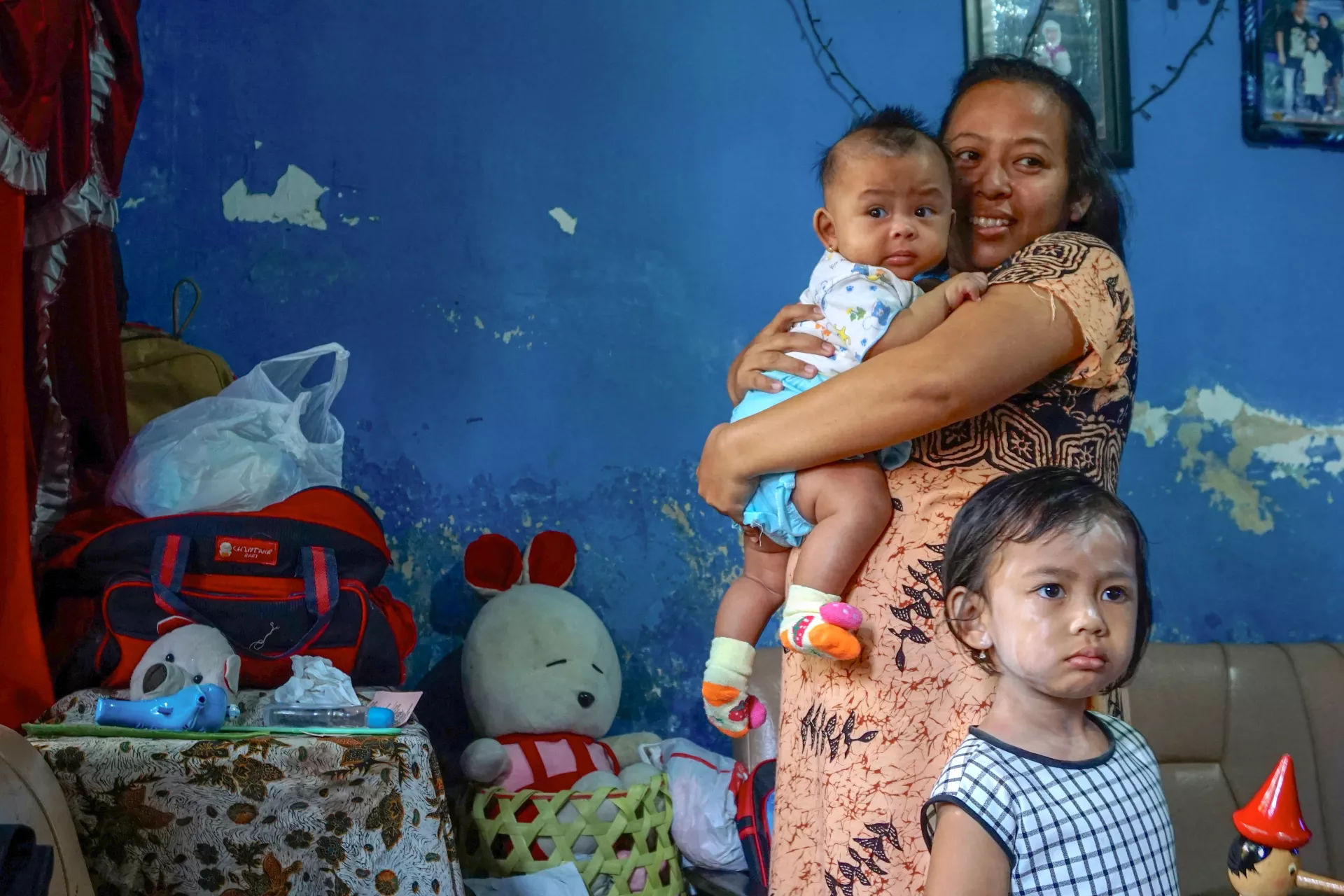
EAP BLOG – COVID-19 SERIES (#3) | SUFFER THE LITTLE CHILDREN?
COVID-19 SERIES (#3) Suffer the Little Children? This is the fourth in a series of Dr. Rob Ross Russell’s brief musings on aspects of the COVID-19 crisis. They are all my personal views and should not for a moment be interpreted as advice or dogma –…
